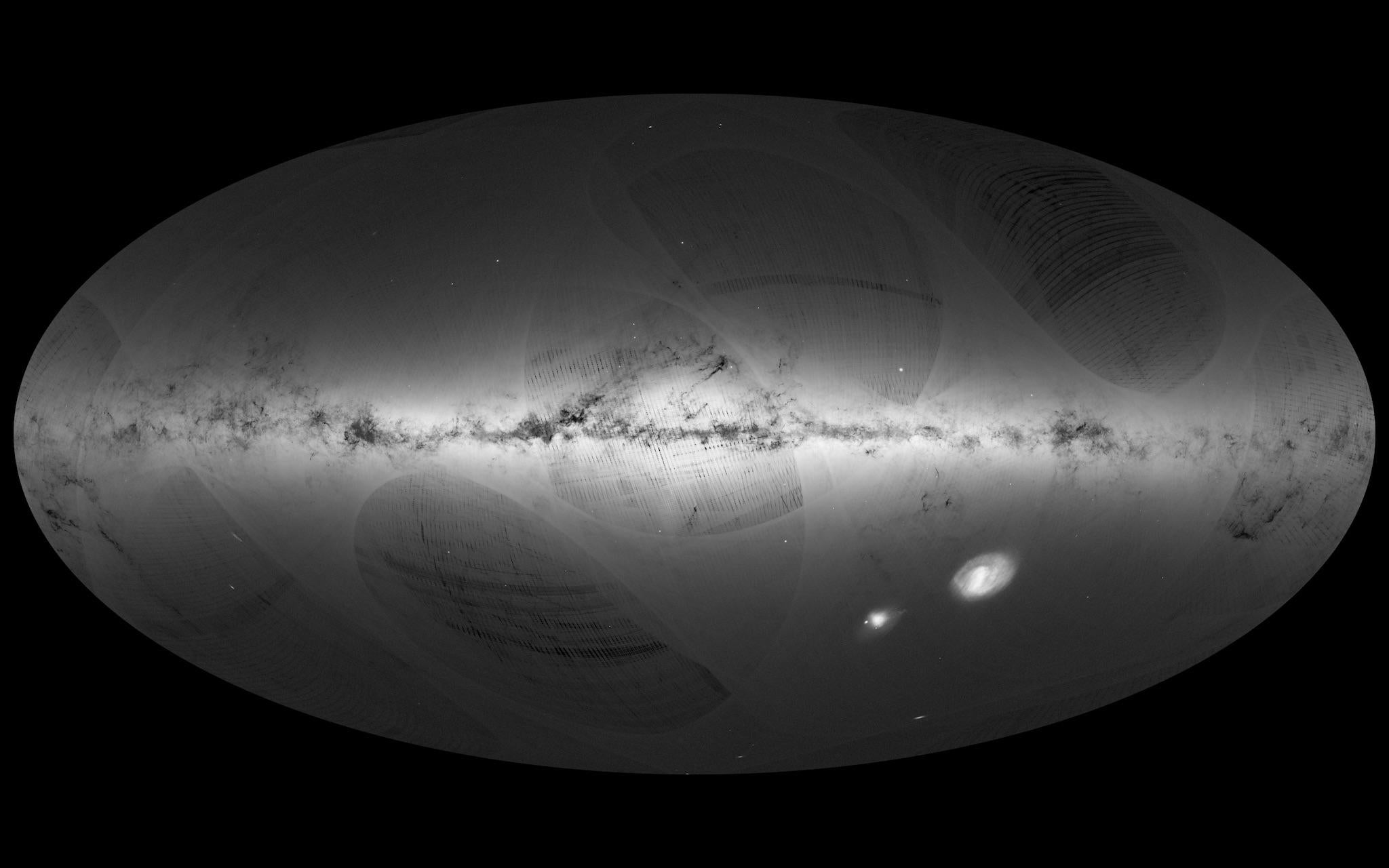One billion stars mapped in galactic mission to draw space
The atlas might one day serve as a way of finding out how our own galaxy – including Earth and human life – was born

One day we’re going to head off to the stars and explore the billions of worlds that are out in space. But we’re going to have to find our way first.
Thankfully, the European Space Agency has got us halfway there – capturing one billion stars in its effort to draw a map of our entire galaxy.
The agency has released the first data from what it calls the Gaia Mission, a huge project to draw the biggest and most precise 3D map of our own galaxy.
Mission manager Fred Jansen said that the project has already collected 500 million measurements and is “extremely” happy with how precise the data is. Now it will be passed among scientists for checking and analysis.
The mission to produce the map revolves around the 10-meter wide Gaia spacecraft. That ship – which is made up of a tube that sits on a big flat circle – is orbiting around the sun and uses two telescopes to assemble the data, sending it back to Earth to be put together by scientists.
Doing so is an incredible challenge – the agency has compared Gaia’s measuring abilities to being like measuring the diameter of a human hair from 600 miles away.
Anthony Brown, who leads the scientific consortium doing that work, said the highly precise data that Gaia sends back is a “revolution” in astrophysics. The information has already been sued to identify 400 million new stars.
The full map of the one billion stars – which is only about one per cent of those in the Milky Way – is going to be released towards the end of next year.
Scientists hope that map can be used to learn more about the origin and evolution of the galaxy, mapping out the forces that shaped it and continue to do so today.
Join our commenting forum
Join thought-provoking conversations, follow other Independent readers and see their replies
Comments
Bookmark popover
Removed from bookmarks